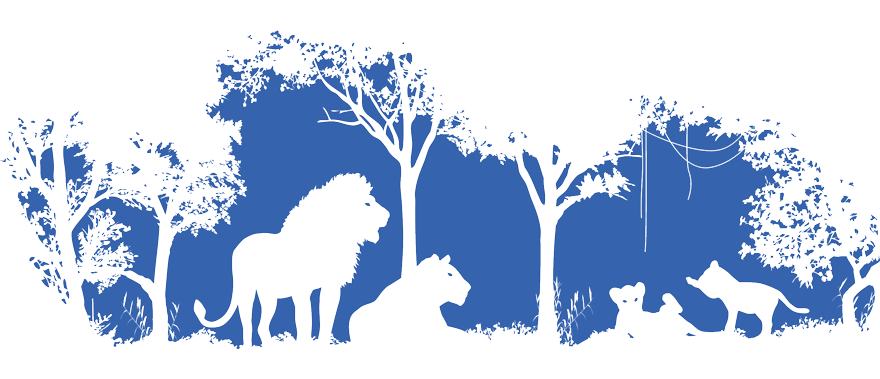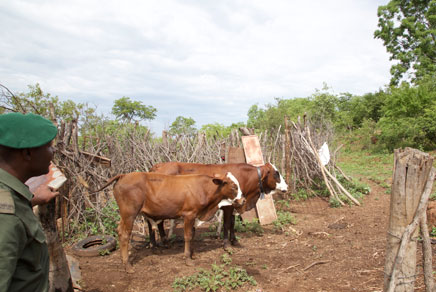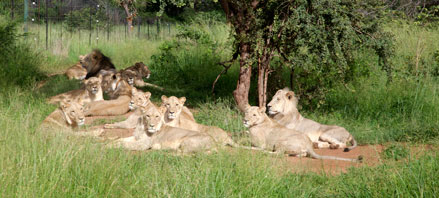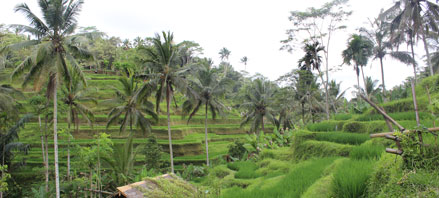Lion Conservation and the Human Lion Conflict
People and lions in Africa live in close proximity, so friction between the two is an inevitable part of everyday life and can, sadly, lead to conflict. In the two decades between 1993 and 2014, the African lion population declined 43% – largely a result of habitat loss and retaliatory action by local communities feeling threatened by lions preying on their livestock and livelihoods.
Our Centre for Psychology, Behaviour and Achievement is working with African communities, and the lions with whom they share a back yard, to promote the conservation of this majestic creature to the benefit of local people and wildlife populations.

The conservation work focuses on reintroducing lions into the wild, but instead of simply relocating them or trying to integrate captive lions who are not equipped to survive following human contact, a new approach has been developed with partners in Africa. The offspring of captive lions are being raised without human interaction and are taught to hunt and fend for themselves before being released into the wild. Two conservation prides, based in Zimbabwe and Zambia, are being bred in this way and evaluated closely.
Along with breeding new prides of lions that can be reintroduced, the researchers are working with people in neighbourhoods close to national parks and nature reserves to reduce potential human-lion conflict and introduce ways to deter lions from attacking vital livestock.

The research team has developed education programmes which are being delivered in rural schools in Zimbabwe and Zambia in an effort to teach children at a young age why lions are so vital to Africa’s environmental, ecological and community health.
Back to Safety and Security





